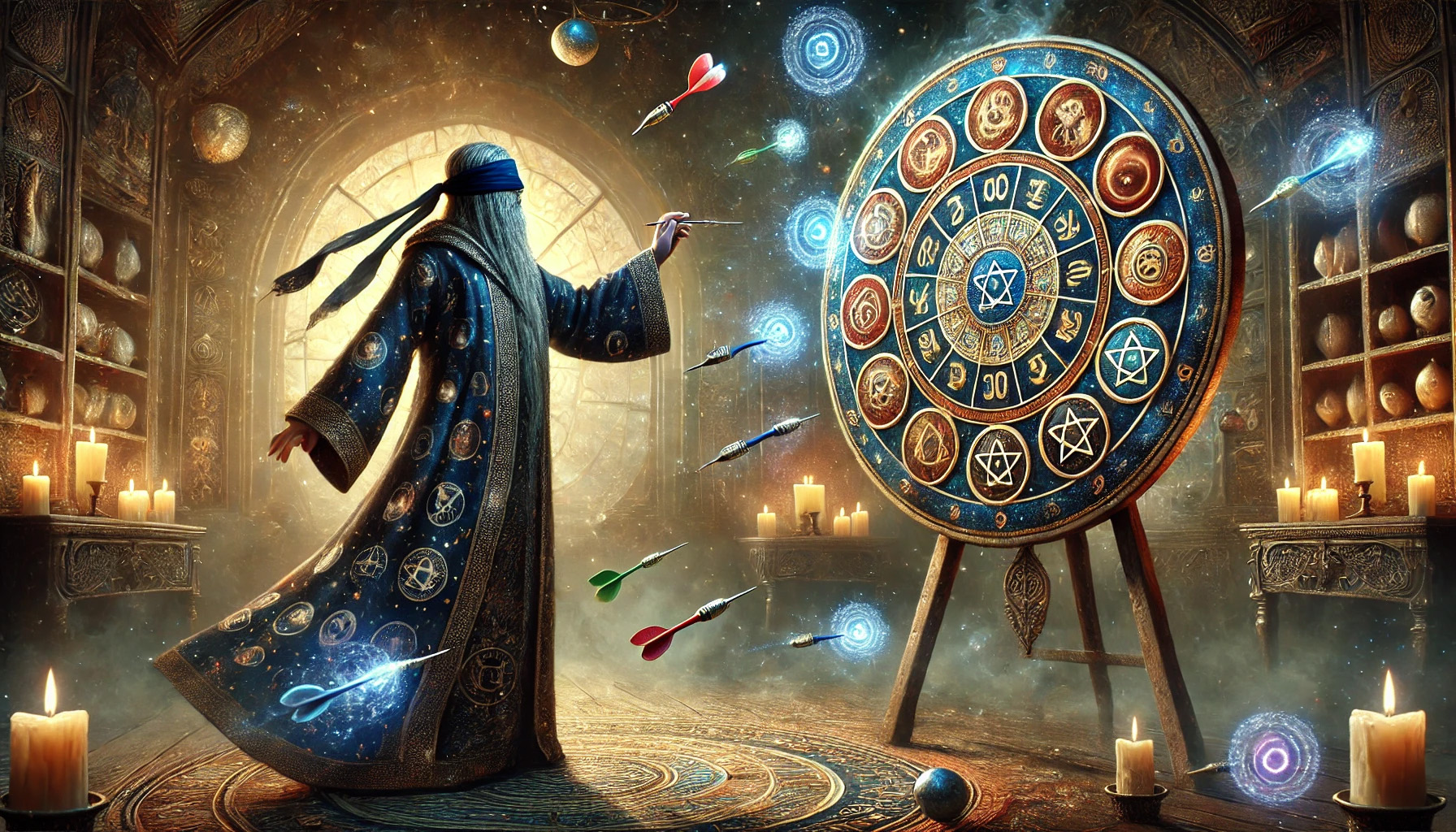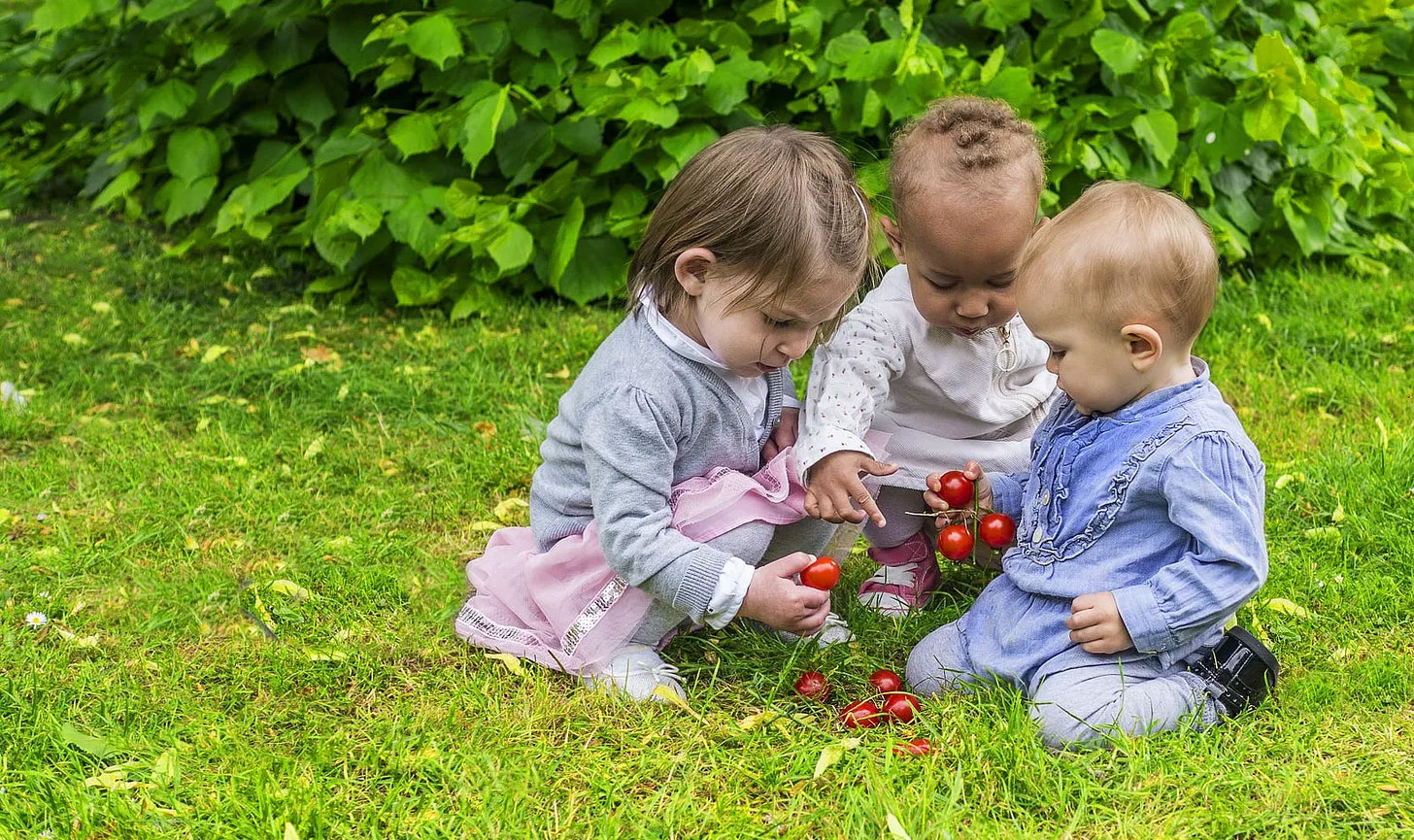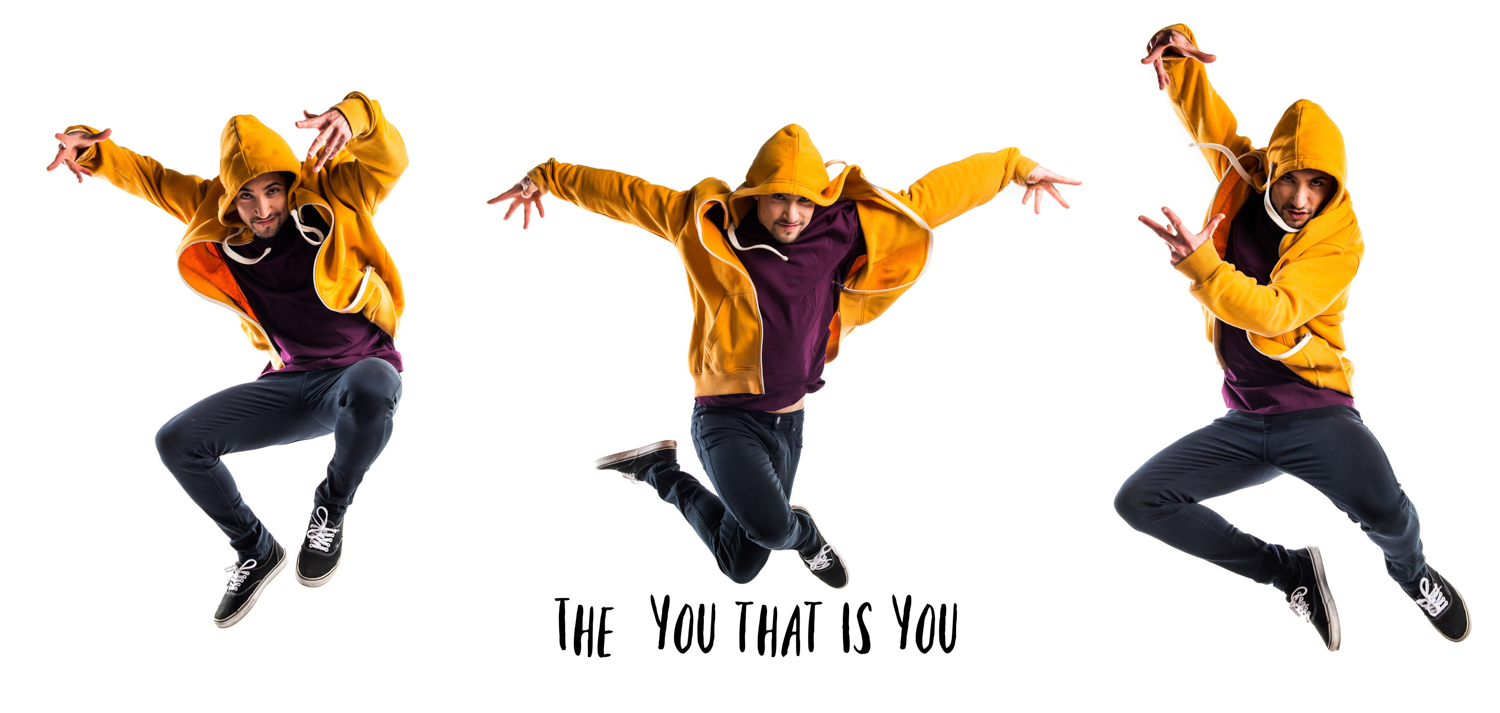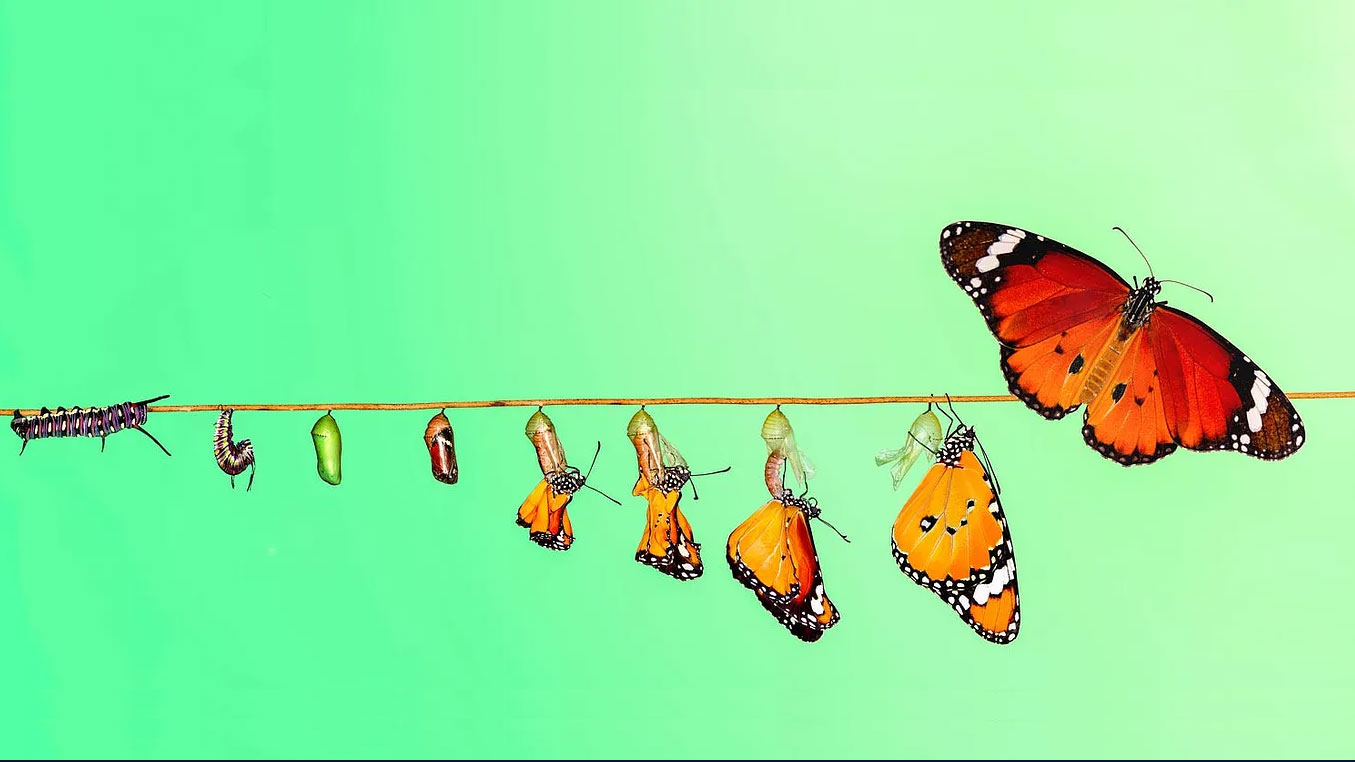Why Does Hate Travel Faster Than Love?
It matters whether your worldview is convergent or divergent.

When Meaningful Words Have No Meaning
The late John Lewis, Georgia’s representative in Congress and a life-long human rights activist, said this about democracy: “Freedom is not a state; it is an act.”
This piece of wisdom is inspirational but not operational. What is “freedom”? What “acts” move us toward freedom?
Common words, like freedom or liberty, are pervasive. Because everyone uses them according to their own purposes, these highly abstracted idea words have no singular or absolute meaning.
When someone yells in public: “I stand for liberty!” you must ask the speaker:
Excuse me, but what exactly do you mean by “liberty?”
Consider, for instance, an advocacy group named “Moms For Liberty.” At face value, this group’s name sounds like a political movement that anyone endorsing liberal principles might support, yes?
Go to its website. There, you will see a statement of its values:
- We Stand for Truth
- We Build Relationships
- We Empower Others
Read further. You will learn these are “moms on a mission to stoke the fires of liberty.” They fight against governmental policies that are “short-sighted and destructive policies directly hurt children and families” and “stand in the way of liberty.”
These words, “stoking the fires of liberty” and “empowering others,” have no meaning until you observe the actions of the group members.
By their actions, this group defines “liberty” as the freedom of a few to judge the lifestyles of many others. “Empowering others” means allowing the personal values of a few to dictate the institutional rules for many.
According to the Southern Poverty Law Center, Moms for Liberty grew out of the founders’ opposition to public health regulations for COVID-19. They have expanded in their opposition to members of the LGBTQ+ community. They oppose racially inclusive school curricula. They have advocated for book bans.
These “moms” commonly promote conspiracy theories about public schools attempting to indoctrinate and sexualize children with a progressive Marxist curriculum. They use social media platforms to accuse members of the LGBTQ+ community of “grooming” children to have non-binary gender identities.
What fuels the rapid proliferation of hate groups? How do they ignite and spread like wildfire across social media platforms? Why do their flames of intolerance seem to outpace the steady growth of acceptance and understanding?
Your worldview reflects how you perceive and interact with others. Collective values and beliefs about others are posted on social media echo chambers, becoming shared worldviews that are potent forces in spreading mutually reinforcing expressions of hate.
What is a Worldview?
As the name implies, a worldview is your perspective on life and the world around you. Its derivative German word, Weltanschauung, means “wide world perception.”
Your worldview is a cognitive framework for organizing your perceptions of reality. Think of this as a frame or a lattice built within your brain’s neural networks. Within this cognitive frame, your values are attached to your day-to-day events, giving a sense of order and meaning to your life experiences.
Your personality plays an essential role in forming your worldview. I have written elsewhere about the six personality traits that are the foundation of your core identity: openness, conscientiousness, extraversion, agreeableness, emotional stability/instability, and honesty/humility.
These personality traits are major players in the development of your worldview. Culture is another important determinant, and your characteristic way of thinking is yet another.
Taking personality as one factor, if you have a high degree of openness, you are likely to have an expansive worldview, one that finds value in exploration and meeting new people. If you have a high degree of conscientiousness, you are likely someone who likes having predictable routines with a clear set of rules by which to live.
The social roles that you play in life (parent, employee, friend, sports fan, hobbyist, etc.) are part of your worldview and shape your perceptions of and interactions with family, friends, strangers, local events, and world events.
Worldviews: Functional and Dysfunctional
A healthy worldview allows you to experience the events in your life as meaningful and stable. You may not be able to control all of the events in your life, but your worldview gives you a foundation to judge the goodness of life’s events — or its risks.
With a coherent foundation of values and meaning, you make decisions that lead to adaptive outcomes that feel positive for you.
Worldviews can sometimes be detrimental. An individual might perceive their life through a lens of extreme and inflexible bias, driving them to make decisions that might seem beneficial in the short term but ultimately lead to unfavorable results in the long run.
There are many paths whereby a person’s journey through life results in a worldview that is healthy (adaptive) or dysfunctional (self-defeating). I will explore dysfunctional worldviews in future essays.
In this essay, I focus on worldviews that are frameworks for social inclusions or social exclusions. That is, which social groups are welcomed into your world, and which are excluded? And why?
I will categorize worldviews as either expansive or convergent. People with expansive worldviews embrace innovation and cultural diversity, whereas people with convergent worldviews can be inflexible and intolerant of changes in the norms by which they live. A change in the social order may lead them to believe their way of life is being taken from them. Their resistance to change is motivated by their fears of change, real or perceived.
Note that these categories, expansive vs. convergent, are neither absolute nor binary but are relative to the domains of living. For example, a person might be expansive with respect to innovative technologies but convergent with respect to cultural diversity. Or vice versa.
Think of expansive/convergent worldviews existing on a continuum in some particular domain. That is, you might be expansive toward your family, making every opportunity for growth available to your family. But you might be convergent toward immigrants entering your country, reluctant to share with them opportunities for growth because you fear how this will impact your life and that of your community.
Liberal Political Values are Found in an Expansive Worldview

The meaning of liberal is to liberate. The liberal perspective is forward-looking. A liberal worldview centers on a dynamic process that requires constant energy to imagine a future that has never existed.
Envisioning an uncertain yet potentially more positive future requires a willingness to take risks. It takes thoughtful consideration to create solutions for the challenges of coexistence and fair resource sharing. Furthermore, a dedication to untested methods, even when definitive solutions are not yet available, requires trust and an openness to potential failure. These attitudes toward novel problem-solving characterize an expansive worldview.
Liberal thinking, then, is divergent. It focuses on an ever-expanding universe of challenges associated with innovation and progress.
Why Does Hate Travel Faster Than Love?
Conservative Political Values are Found in a Convergent Worldview
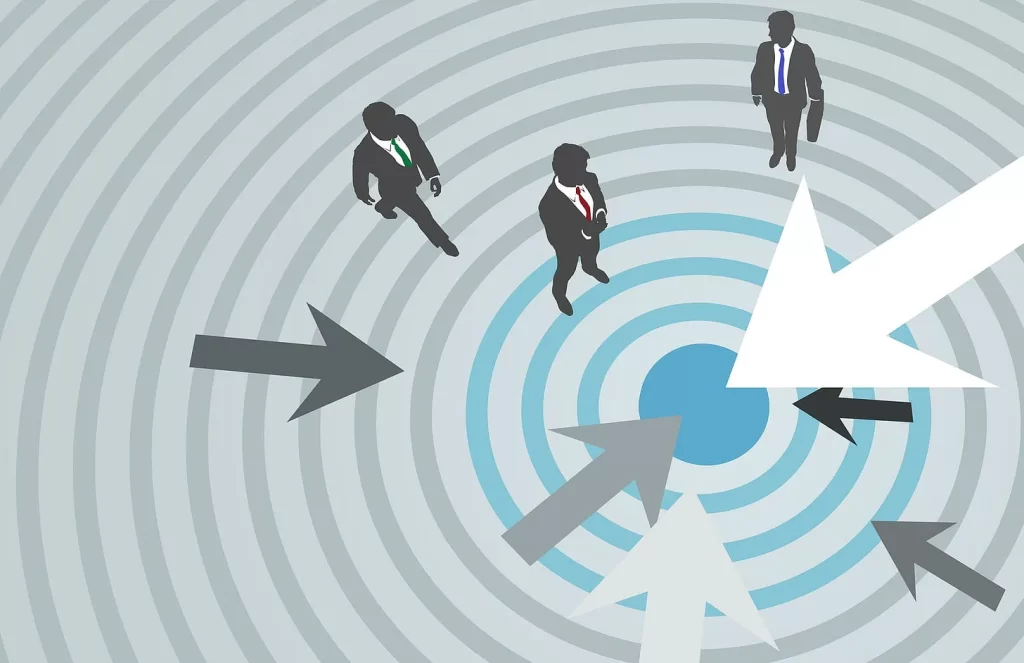
The meaning of conservative is to conserve, holding on to what is known. Conservative values are based on history and tradition. The primary value is to preserve a past where people live by traditional values.
By seeking comfort in well-known routines and relying on traditional solutions to familiar problems, conservatives avoid the uncertainty associated with new routines and new knowledge.
Conservative thinking is convergent, focusing on a small universe of known solutions to past problems.
An example of a convergent worldview is the principle of originalism. The United States Constitution was ratified in 1788. Think about how much the world has changed in the past 235 years with respect to social norms, human values, and technology. In 1791, the Second Amendment was added to the Constitution, giving every American the right to own weapons.
In colonial times, the most advanced weapon was the Brown Bess long rifle, a smoothbore flintlock musket. Under ideal conditions, this long rifle could fire three shots per minute. Today’s AK-47 long rifle can fire between 100 and 600 shots per minute. According to an estimate given by Google Gemini, Americans privately own over 24 million AK-47s or AR-15s, weapons designed not for game hunting but for killing as many humans as possible in the shortest period of time.
The US Supreme Court has used the principle of originalism to uphold the Second Amendment, allowing every citizen to own guns, even though AK-47s and AR-15s have replaced Brown Bess long rifles. The Court’s conservative Justices support the Second Amendment rights as written 235 years ago and are unmoved by the fact that since 2013, the US has endured more than 278 incidents where guns have slaughtered children in our schools. In 144 of these incidents, the shooters’ weapons of choice were AK-47s or AR-15s.
The principle of constitutional originalism is an example of a rigidly constrictive worldview.
The Goldilocks Rule: Expansive vs. Convergent Worldviews

By contrasting the differences between expansive and convergent worldviews, I am not judging the value of one over the other.
A stable family, community, or society needs routines and traditions as the foundation for its stability. The traditions we celebrate are occasions for family and friends to share the culture that unites us.
Problems arise, however, when traditions become stagnant. The Greek philosopher Heraclitus said, “No man ever steps in the same river twice, for it’s not the same river, and he’s not the same man.” The conditions of life are always changing, and our perspective on life needs to accommodate the changing times.
When life’s circumstances change such that long-standing traditions no longer solve novel problems, we must shift to an expansive worldview that incorporates the new reality into the old customs. We look for innovation to find new solutions to old problems.
Conversely, there are times when an expansive worldview may serve you poorly. A compulsive search for new experiences and a constantly changing lifestyle may bring satisfaction for a while but eventually arrive at the negative aspects of chaos.
Consider a family with young children selling its home to purchase a recreational vehicle. Spending each night in a different part of the country can expose parents and children to an incredible variety of people and cultures. However, novelty can be exhausting and impoverishing after no social bonds are established.
The Goldilocks Rule says we need to find the right balance between tradition (social stability) and novelty (social change). Neither rigid stagnation nor continuous chaos will lead to a satisfying life.
Finding the balance between stability and change (whether personal, familial, or societal) is embodied in the ancient Chinese concept of yinyang.
Yinyang is based on the idea that everything in the world comprises two opposing forces or energies — yin and yang. Yin represents the contractive forces of nature, while yang represents the expansive forces of nature.
The two energies are not static; rather, they constantly interact with each other and transform each other. For example, day turns into night, winter turns into spring, and life turns into death. The balance between yin and yang is essential for harmony and stability in the natural world.
The key to healthy relationships, including a healthy society, is finding an adaptive balance between stability and change. As noted, rigid adherence to constrictive worldviews leads to stagnation. Alternatively, rigid adherence to change leads to chaos. Finding Goldilock’s “just right” balance between the two extremes will lead to a future that is maximally adaptive for opposing worldviews that dance around the middle.
Final Thoughts: Why Does Hate Travel Faster Than Love?
Your core self, the “you that is you,” is a complex personal foundation that empowers you to lead a healthy and adaptive life. Understanding your worldview is essential to understanding your core self. It is through your worldview that your inner private world interacts with your external social world.
In upcoming essays, I will introduce a key element central to understanding your core self: cognitive style. This refers to your unique ways of thinking. I will present the idea that a person’s broad or narrow perspective on the world stems from how well they can balance personal and social stability with change.
Finding this dynamic balance is the critical challenge for a healthy and satisfying life.
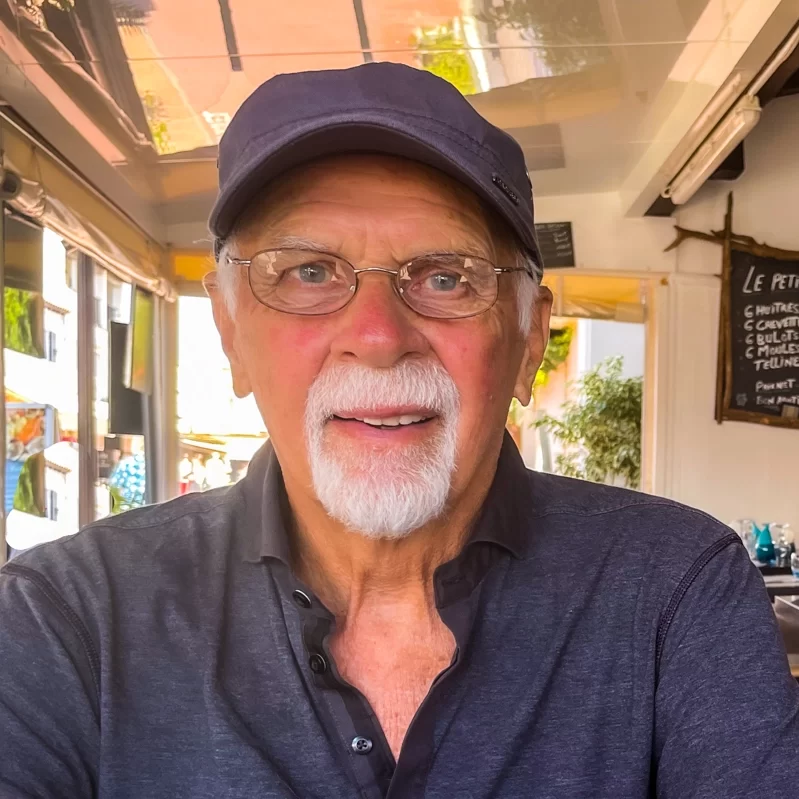
ABOUT THE AUTHOR
Wayne Stelk
A systems thinker and psychologist exploring the good, bad, and ugly of human nature. Editor of the newsletter, Unpuzzling Life's Complexities, the science of human behavior applied to everyday events.
SHARE THese UNPUZZLINGS
Unpuzzlings
THE LATEST UNPUZZLING
RELATED PUZZLES
Looking Beyond Astrology: A Better Way to Read People
Unpuzzling Astrology as a Match Maker and Futurist “What’s your sign?” It’s a question you’ve probably heard at parties, on…
Do Morals Need Religion? Ask Your Pre-Verbal Toddler
Around the world, our involvement with religion is changing. Participation in religious activities is declining in well-resourced countries where citizens feel relatively…
Your Personality: Who’s in Charge?
Unpuzzling the Nature and Nurture of Your Personality Your personality is the core of your self-identity. What do you know…
When Is Enough Enough to Change Your Mind?
In a skit, comedian Richard Pryor plays a husband whose wife comes home early to find him in bed with…
Personal Growth Strategies: Stages of Change
Who doesn’t have a bucket list of nagging problems in their life that they wish they could change? These problems…
Three Pathways for Personal Growth: Which Is Best for You?
A friend of mine is obsessed with physical health and personal growth. He works out daily in a gym, reads…
Why Are Global Cancer Rates Rising for Young People Under Age 50?
Conspiracy theorists were in a tizzy when Princess Kate disappeared from public for several months. Now that she has confirmed…


